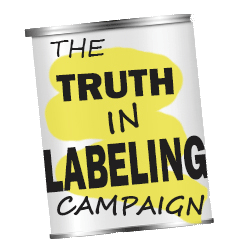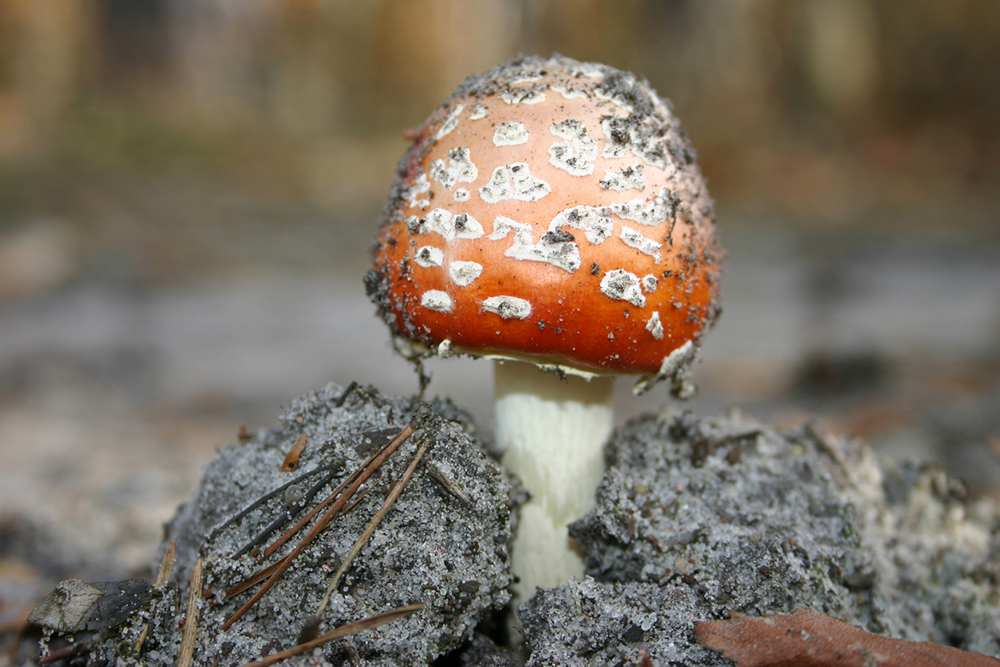Like a creeping fungus the PR firm Edelman Communications is covering the media landscape with as much propaganda as inhumanly possible related to all things MSG.
This gigantic public relations agency, with offices all over the globe, has several missions where its prize client Ajinomoto (one of the world’s largest producers of MSG) is concerned.
Its bedrock campaign, however, is over the term “umami.”
Once again, umami has popped up as a “food trend,” for 2022, something Edelman has been peddling for years now.
A Japanese word loosely translated to mean a “pleasant” taste, Edelman’s efforts to rebrand MSG as umami has been gaining momentum for some time. But don’t just take our word about it. Ajinomoto, at its global website says in the first line of copy on its umami “fact” page: “Umami, which is also known as monosodium glutamate…”
The “facts” go on to say that “umami spreads across the tongue,” and “provides a mouthwatering sensation.” It also hypes the concept of the newly discovered “fifth taste,” which in case you didn’t guess is, of course, umami.
There are some basic flaws to those claims, clearly explained by Truth in Labeling co-founder Adrienne Samuels in a blog last year titled: “Umami: The con of the decade?”
She wrote:
“It’s common knowledge that there are glutamate receptors in the mouth and on the tongue. Could researchers be hired to produce studies demonstrating that glutamate containing food can stimulate those glutamate receptors, and then declare to the world that a fifth taste has been discovered — calling it umami? I wondered.
Never mind that for years monosodium glutamate was described as a tasteless white crystalline powder. Never mind that Julia Child, who in her later years was recruited to praise the use of monosodium glutamate, never once mentioned the additive in her cookbooks. Never mind that if there was taste associated with monosodium glutamate, people who are sensitive to MSG would be highly motivated to identify that taste and thereby avoid ingesting MSG – which they claim they cannot do.”
As Adrienne said: “I don’t know whose brainchild it was, but it certainly was a brilliant move on the road to marketing monosodium glutamate – a move precipitated by a growing public recognition that monosodium glutamate causes serious adverse reactions. And even one step farther up the brilliance chart, this monosodium-glutamate-taste-of-its-own was given a name. Naming things makes them easy to talk about and gives them respectability.”
And that’s spot on.


